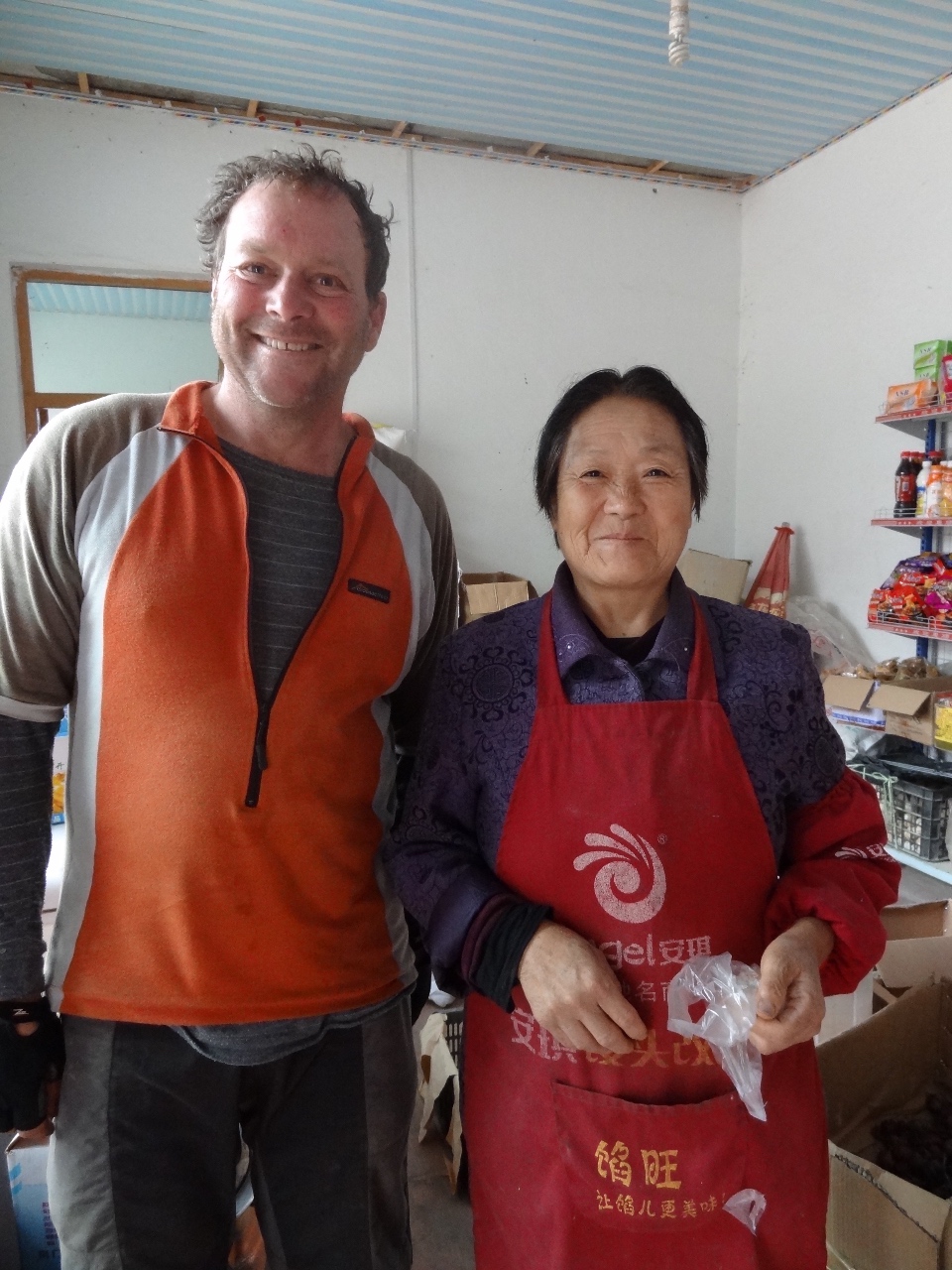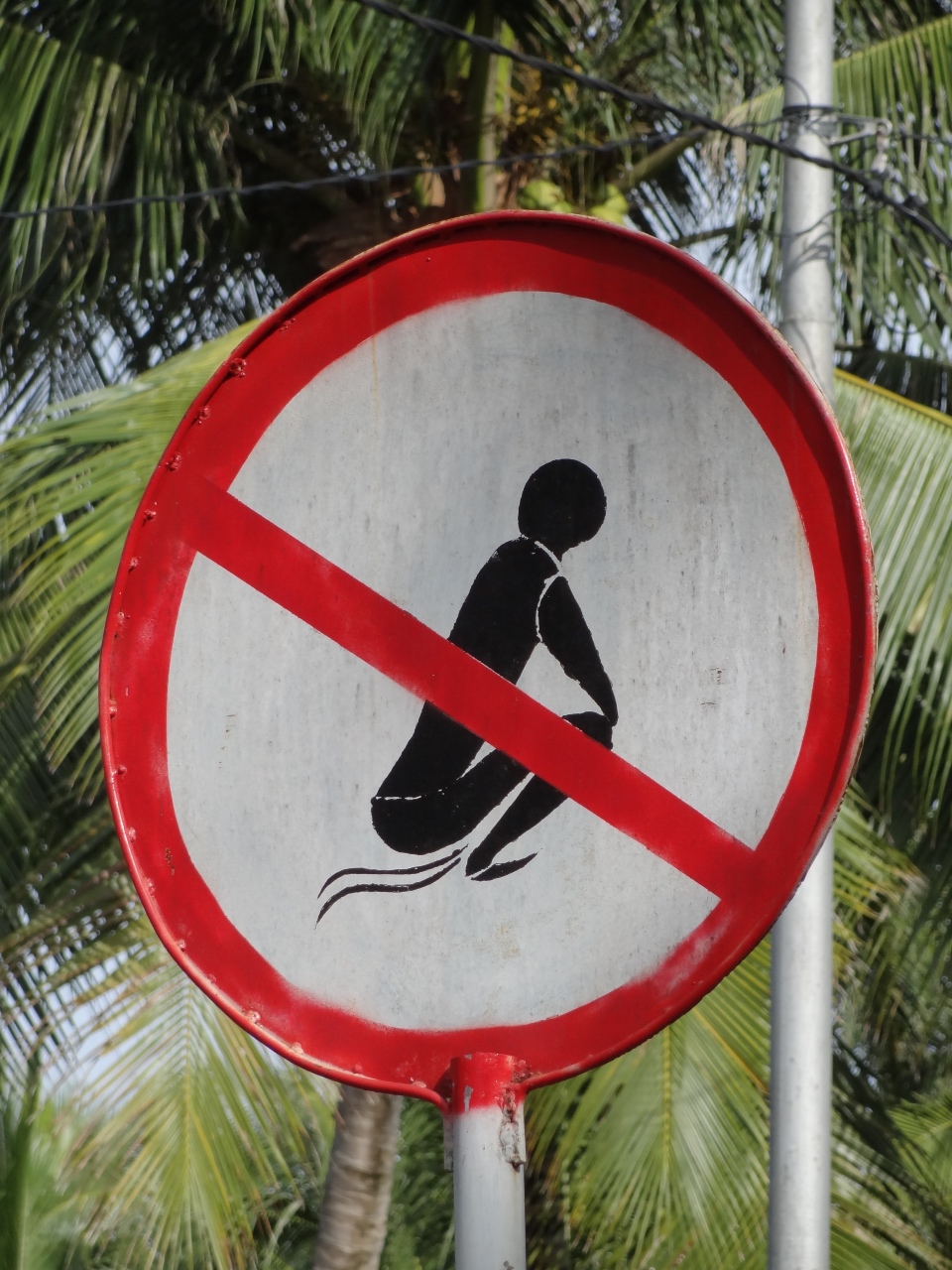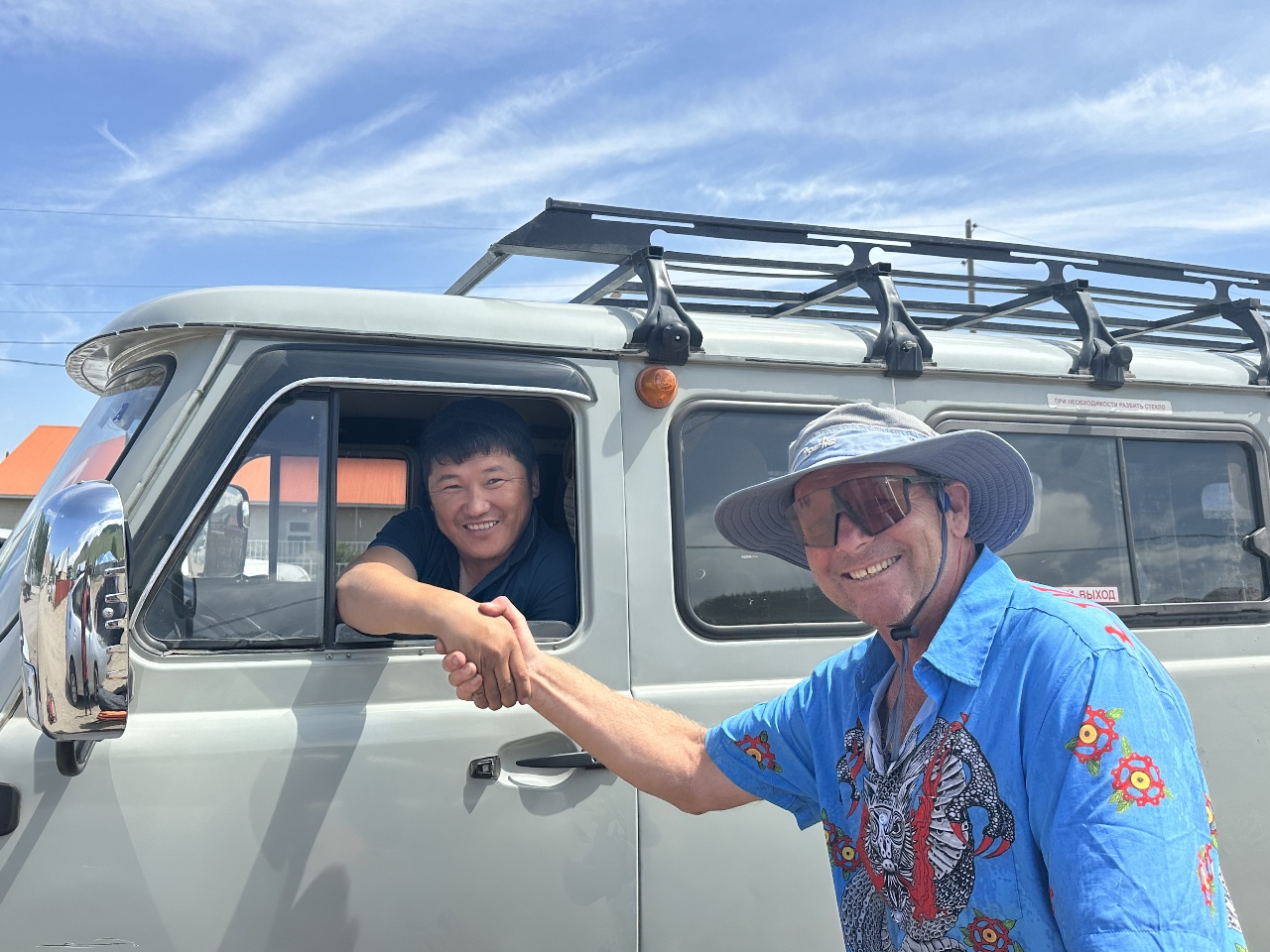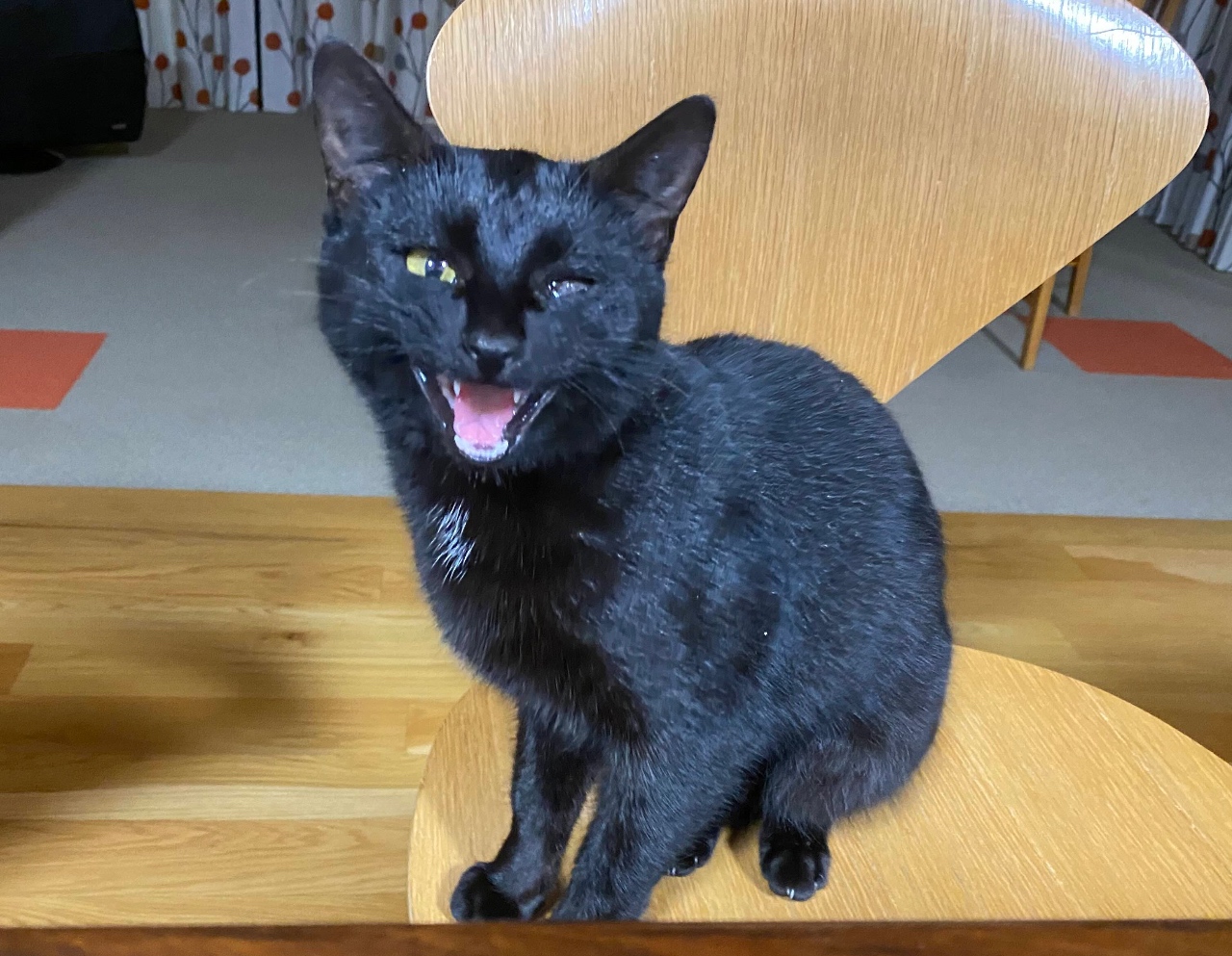Chris creating a connection when cycle touring in Xinjiang Autonomous Region, China
Continuing on the topic of connections as promised last week, and the relative roles of science and creative arts in creating connections …
I trained as a scientist, practised as a scientist then moved into funding of research, science and technology. I vividly remember my first manager, at the Foundation for Research, Science and Technology, saying scientists need to do relevant science to get funded – if researchers want to pursue their own area of interest without considering what benefits it might deliver, they can get paid like people in the creative arts. The comment jarred at the time, but not as much as I think it does now. Why do scientists receive so much kudos for bettering humanity while creative arts doesn’t? Yes, scientists deliver tangible improvements to e.g. medical advances, but scientists also develop many things that are passively or actively destructive to people and the environment e.g. nuclear weapons. Do the creative arts ever create as much destruction as does science?
Our government, in parallel with the rest of the world, has focused on science and technology being critical to advancement and economic growth. Whether perpetual economic growth is a good thing is highly questionable, and almost certainly impossible. Many people still believe we can technologically solve our way out of all the problems we create through technology, notably climate change, but given our track record, this is also highly questionable. Every solution creates another problem … It could be a life stage thing for me, but I’m feeling like connections between humans are more critical to tackling wicked (highly interconnected ) problems than new science and technology. Without connections come war and anarchy; maybe that’s a far fetched trajectory, but water wars are already happening.
Creative arts are an important mechanism through which people form connections. Creative arts can transcend beyond language, crossing cultural barriers. You can find any number of Google hits regarding arts being a powerful mechanism through which humans connect – arts are a form of expression and, through observing and interpreting and communicating that expression, the audience actively connects with the artist and each other.
When you Google ‘science and human connections’ you find lots of scholarly articles about why connections are important, and the neuroscience and evolutionary processes behind connections. Science and technology have some fundamental barriers to building connections, in that the underlying precept of much science is the need for the scientist to be an ‘impartial observer’. Scientific experiments are specifically designed to remove subjectivity and the observer from the experiment, so the observer doesn’t influence the experiment. In one sense, scientists are trained to remove themselves from what they are doing, which is the very opposite of creating connections.
Of course I’m not saying scientists don’t connect with each other, and other people. Many scientists collaborate in their research process and through sharing their findings with broader communities. They collaborate with industry to commercialise their findings. Ensuring scientists involve non-scientists in their design and communications has been a focus for government funding over the last three decades. However, one could argue that the fundamental purpose of science is discovery through human investigation, where the fundamental purpose of creative arts is connectivity through human expression.
The government definitely rates science and technology as more important than arts in terms of the funding it provides. It is surprisingly difficult to pull up figures for government funding but I found it in Treasury documents. In 2022/23
- Vote R,S & T received $1.607 billionplus $369 million to support Tertiary research – total just under $2 billion.
- Vote Arts, Culture & Heritage received $223 million for support of creative arts (, though there was a one-off extra $112 million for the arts because of their struggles during the COVID pandemic.
So, if I’m being mean to the government, I could deduce that it spends 10% of the amount spent on research and technology on creative arts.
Another take on the rewards for being in science or creative arts is to consider relative salaries. I asked Google and ChatGPT (I wish ChatGPT could be more brief in its answers – it needs a verbosity-off switch). They suggested $52-115k for a scientist and $36-77k for Creative Arts i.e. you get paid twice as much to be a scientist. However, many creative arts workers are self-employed, or have another job to fund their arts endeavours (I don’t know many scientists who do that!), so I am guessing the average and minimum salaries for creative artists are substantially lower than statistics suggest.
Coming down to purely personal experience, I get paid orders of magnitude more for assisting researchers than I am ever likely to get from writing books. To earn the same as one hour of consulting time, I have to sell 62 books. The average New Zealand adult fiction book sells 1800 copies, thats around 30 hours of time equivalent. A book only takes several hundred hours of writing and editing time, plus the costs of cover, external editing, promotion … Good thing I’m doing it for the connections (and enjoyment of the activity), not the money. The connections truly is the case – I have got found more connections in the Queenstown Lakes area through my creative endeavours (music and writing) than I have found from work and sport combined. I now feel like part of a network, where for the better part of ten years I felt like an amputated limb in relation to the community.
Returning to the big picture – government investment in R,S & T versus creative arts, there are strong arguments for both … but we can’t have it all! If I think about the COVID pandemic, there is every argument for R,S & T because it resulted in the PPE and vaccines that were a core part of protecting people against the worst effects of COVID. However, if I think about the pandemic some more, one of its reverberating effects has been to increase divisions between people who didn’t believe in those helpful items provided by R,S& T, and those who did. When I consider those divisions, and the increasing rise in people reverting to mythology to explain the world, while rejecting scientific findings, is this because science isn’t delivering what people feel they need in these times? Are people lacking something fundamental, that science can’t deliver?
I can’t answer my question, but if given the chance, I’ll be advocating for a much higher proportion of government funding to go to the creative arts.
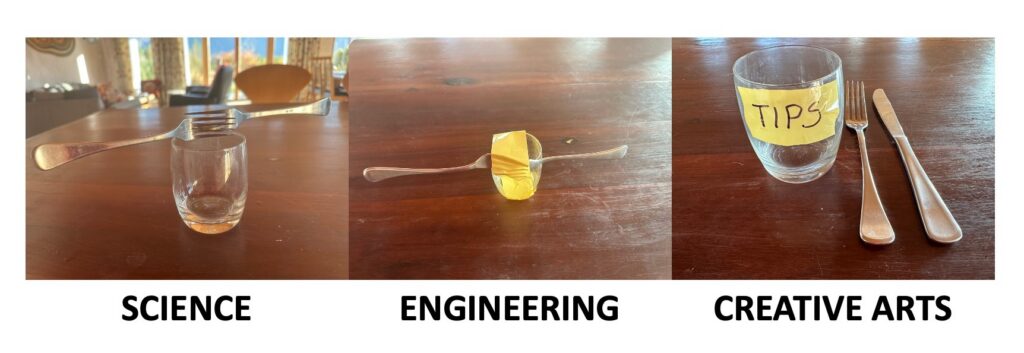
Discover more from Jane Shearer
Subscribe to get the latest posts sent to your email.

